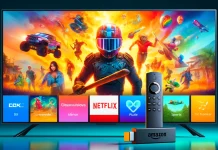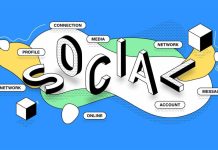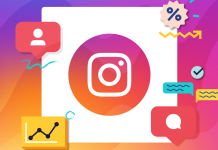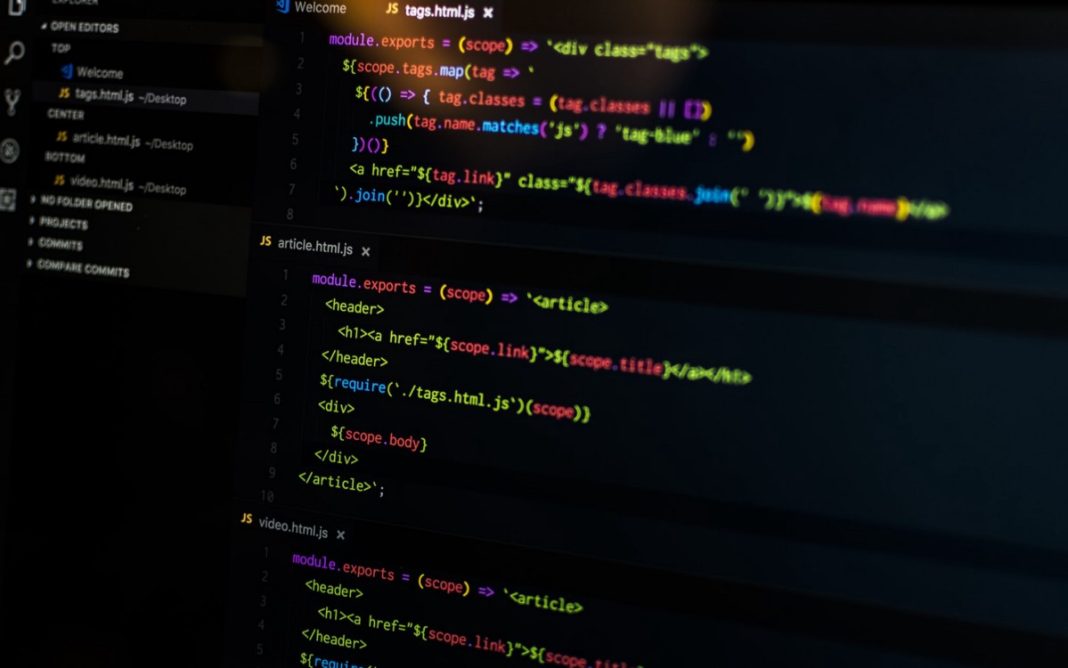Are you interested in getting into programming? If so, then this comprehensive guide for beginners is the perfect place to start. Here you’ll find all the information you need to begin learning coding and developing software quickly and easily.
Familiarize Yourself with the Basics of Coding / Programming.
To get started, familiarize yourself with the basic concepts behind coding and programming. Learn the syntax, or the rules of code, of various languages such as HTML, CSS, and JavaScript. Understand basic commands such as loops, conditionals, and variables. Have a grasp of debugging techniques to help you debug code more efficiently as you go along your coding journey. Knowing these basics will make transitioning into other programming languages easier in the future.
Set Realistic Goals and Make a Plan
Before you dive deep into coding, ensure you set realistic goals for yourself. Consider the amount of time it would take to become fluent in a language, understand the different levels of knowledge and competence have attainable milestones – starting with building something small, then gradually learning more complex topics and challenges. Visualize your goal, devise a plan on how to get there, break it down into smaller steps and tackle them one step at a time. It’s important that the plan is easy to follow so that when you hit roadblocks or forget what you learned earlier, you can always go back easily.
Choose Your Programming Language and Learn Its Fundamentals
Choosing a language and understanding its fundamentals are fundamental steps in learning programming. Start by researching the different types of languages, their pros and cons, development platforms, and which fits your needs. Once you decide on a language, familiarize yourself with basic programming terms like syntax and semantics and learn more about problem-solving techniques used to write programs. Install an Integrated Development Environment (IDE), read tutorials, practice coding snippets and practice writing new codes to help you become comfortable with the syntax. Finally, research resources such as open-source projects or libraries that might help you learn faster.
Decide What Tools You Will Need and Where to Find Them
Before you begin writing your own programs, it’s important to make sure that you have the right tools and resources available. An Integrated Development Environment (IDE) is one of the most important tools that a programmer needs. This is an application that helps manage programming tasks such as code-completion, syntax highlighting, debugging, etc. In addition to an IDE, you may also need to download additional libraries or packages from the internet depending on which language you are using. Once you are set up with all the necessary tools, then you can start learning how to program!
Write Code, Test It, and Look for Solutions When You Run Into Problems or Bugs
Writing code is not always as simple as it sounds. There will be times when your code won’t run or won’t do what you expect it to do. The important thing here is to not give up. Instead, test your code and look for solutions when you run into problems or bugs. It is also essential that you read the error messages carefully so that you can locate where the problem lies and how to fix it. With practice, patience, and determination, you will eventually be able to debug and solve any issues that arise!
The Best Programming Languages for Developers to Master
Java
Java is one of the most popular programming languages in the world. It has been around for more than two decades and is widely used for writing software for servers, mobile phones and even PCs. As a result, many companies require their developers to be proficient in Java. It’s also a great language to learn from the beginning if you are just starting out as a programmer because it can help you quickly understand concepts such as data types, memory management and object-oriented programming.
Python
Python is a popular, general-purpose language and its usage has been increasing steadily in recent years. It’s relatively easy to learn and is used for many tasks, ranging from web development to machine learning. Python also has an extensive library of modules that can simplify even the most complex projects.
C/C++
C and C++ are powerful, fast languages that are widely used in many different types of development. C++ is an extension of the popular C language and has a more complex syntax than Python. It’s also widely used for game and embedded systems development, but learning it can take some time to become competent. Experts recommend taking advantage of open source projects to extend your learning and experience working with real-world applications.
JavaScript
JavaScript, a popular language widely adopted by web developers, is the programming language of choice for web-based apps and interactive sites. It’s relatively easy to learn and it supports both frontend and backend development. With its powerful library of frameworks like React, Node, Angular and more, JavaScript remains the language many developers choose for their projects.
